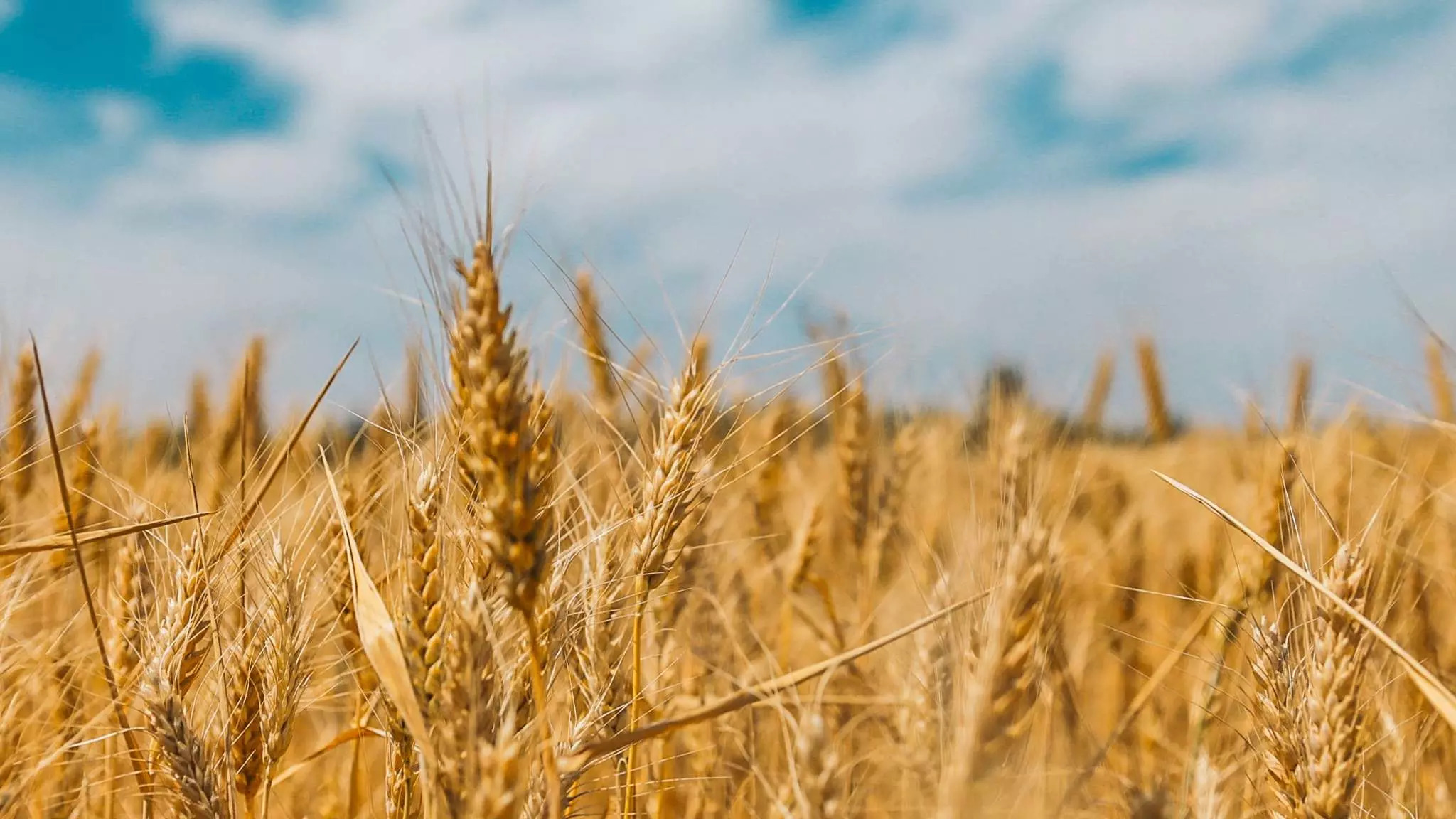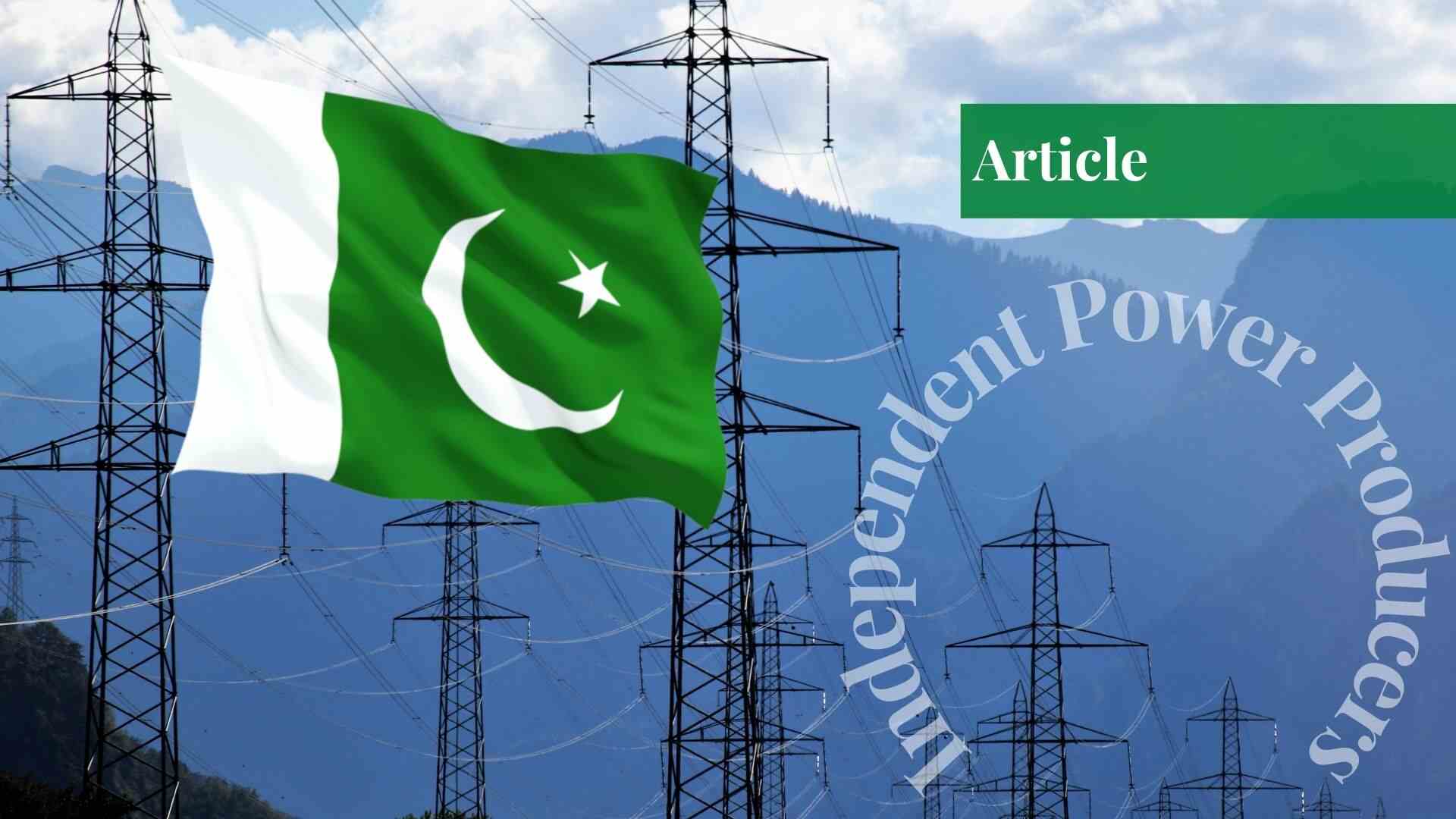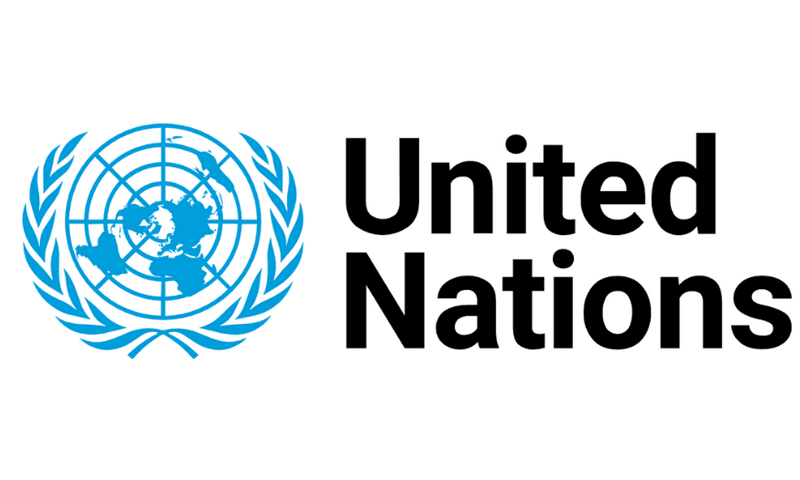Tahir Maqsood Chheena
The wheat crisis that has hit Pakistan has raised several concerns regarding the alarming level of government mismanagement. The crisis, which could have been avoided, stemmed from the fact that the caretaker government, led by Anwaarul Haq Kakar, imported 3.5 million tonnes of wheat through the private sector, costing Rs 370 billion between August 2023 and March 2024. This happened despite the predictions of a bumper wheat crop in the spring. Of the imported wheat, 1.3 million tonnes were found to be fungus-infested and unsuitable for human consumption. The rest was stored in government godowns, which were almost full to capacity.
The aftermath of the wheat crisis has been devastating for farmers, particularly in Punjab, the largest wheat producer. With the arrival of a bumper wheat crop of 28-29 million tonnes, the government was ill-prepared, lacking both storage space and funds to purchase the wheat at the officially declared support price of Rs 3,900 per 40 kilograms. Consequently, the provincial government of Punjab has been sluggish in procuring wheat from farmers, forcing them to sell their harvest at significantly lower prices than the market rates. This has resulted in a staggering loss of Rs 400 billion for the already struggling farmers.
The wheat crisis has sparked outrage among peasant organizations, who have accused a mafia of profiting from the unnecessary wheat import. They have demanded the immediate arrest of those involved in the wheat scandal and compensation for the affected farmers. In response, the government of PM Shahbaz Sharif has established an inquiry committee to investigate the scandal. However, there are concerns about the effectiveness of such committees, often led by bureaucrats with a history of obfuscation and protecting the guilty.
The issue is sensitive as Anwaarul Haq Kakar is considered the establishment’s blue-eyed boy and has been rewarded with a Senate seat. Some speculate that bigger things were meant to be in store for him, but matters have not panned out as desired. Mr Kakar has dumped the blame on the provincial governments and their information about the wheat stocks, which projected an alarming shortage, hence the ‘hurried’ import. This begs the question of whether the federal government has no information about the wheat stocks in the country or if they are incapable of double-checking the data of provincial governments.
Nawaz Sharif, who is reactivating his role in the Pakistan Muslim League-Nawaz (PML-N), wants the government to take action against those responsible, regardless of their political clout, and refer the matter to the National Accountability Bureau or Federal Investigation Agency to probe the scam. However, the Shahbaz government seems reluctant to take strong action, which could be another indicator of his government’s reluctance to lock horns with the all-powerful establishment by putting their satrap, Mr Kakar and others in the dock. This highlights the differences in approach of the two brothers, Nawaz being bold and Shehbaz collaborationist.
The wheat crisis that has hit Pakistan has raised concerns about the government’s competence in managing the situation. Wheat is grown on almost 80% of cultivated land in the rabi season, and in 2023-24, wheat was grown on 23.69 million acres, which was higher than the previous year. Punjab is the principal producer of wheat, covering an area of more than 17.44 million acres with a production of 22.56 million tonnes, which was higher than the last year. However, despite the bumper crop, the government imported 3.5 million tonnes of wheat through the private sector, costing Rs 370 billion between August 2023 and March 2024. This happened despite the predictions of a bumper wheat crop in the spring. Of the imported wheat, 1.3 million tonnes were found to be fungus-infested and unsuitable for human consumption. The rest was stored in government godowns, which were almost full to capacity.
When the bumper wheat crop of 28-29 million tonnes arrived, the government had no place to store it nor the funds to purchase it at the officially declared support price of Rs 3,900 per 40 kilograms. As a result, the provincial government of Punjab, the largest producer, has been slow in procuring wheat from farmers. This has left poor farmers with no choice but to sell their harvested wheat at prices much lower than the market rates, resulting in a loss of Rs 400 billion for farmers.
The flawed procurement policy introduced by the caretaker government in September last year has led to a crisis in the agriculture sector. The government announced a support price of Rs 3,900 per 40kg to pick farmers’ produce, but government entities have been reluctant to buy farm produce at the designated price. Besides, the element of middlemen has further aggravated the situation for the farmers who have been holding protests.
To end this fiasco, it is imperative that the government intervention needs to be curtailed, and the government should take itself out of the procurement mechanism in a phase-wise manner. Saleable grains are offered to flour mills. All procurement targets put together will cover only 17% of the total production, and Rs 500 billion will be consumed from the exchequer. The government needs to urgently revisit the existing policy and adopt a pragmatic approach.
Additionally, about 1,400 flour mills are operating across the country to grind only 30% of the produce and serve the urban population in big cities. Most of the flour mills across the country are looking to subsidize wheat quotas to keep their mills operational, making quick and massive profits. In the new policy, every flour mill that is the beneficiary of government subsidies should be made to go for direct procurement from the farmers at the latter’s doorstep and at the mandated support price. Besides, all flour mills should be directed to make arrangements at their respective premises to provide technical knowledge to the farmers.
Such a policy is already in practice in the domains of sugarcane and tobacco quite successfully, and there is no reason not to do that for the critical wheat crop. If the local produce is not picked at the support price, there are chances that the farmers in the coming season may switch to some other crops. This will be a much bigger and a much more critical crisis than what the country has faced till now.

















































